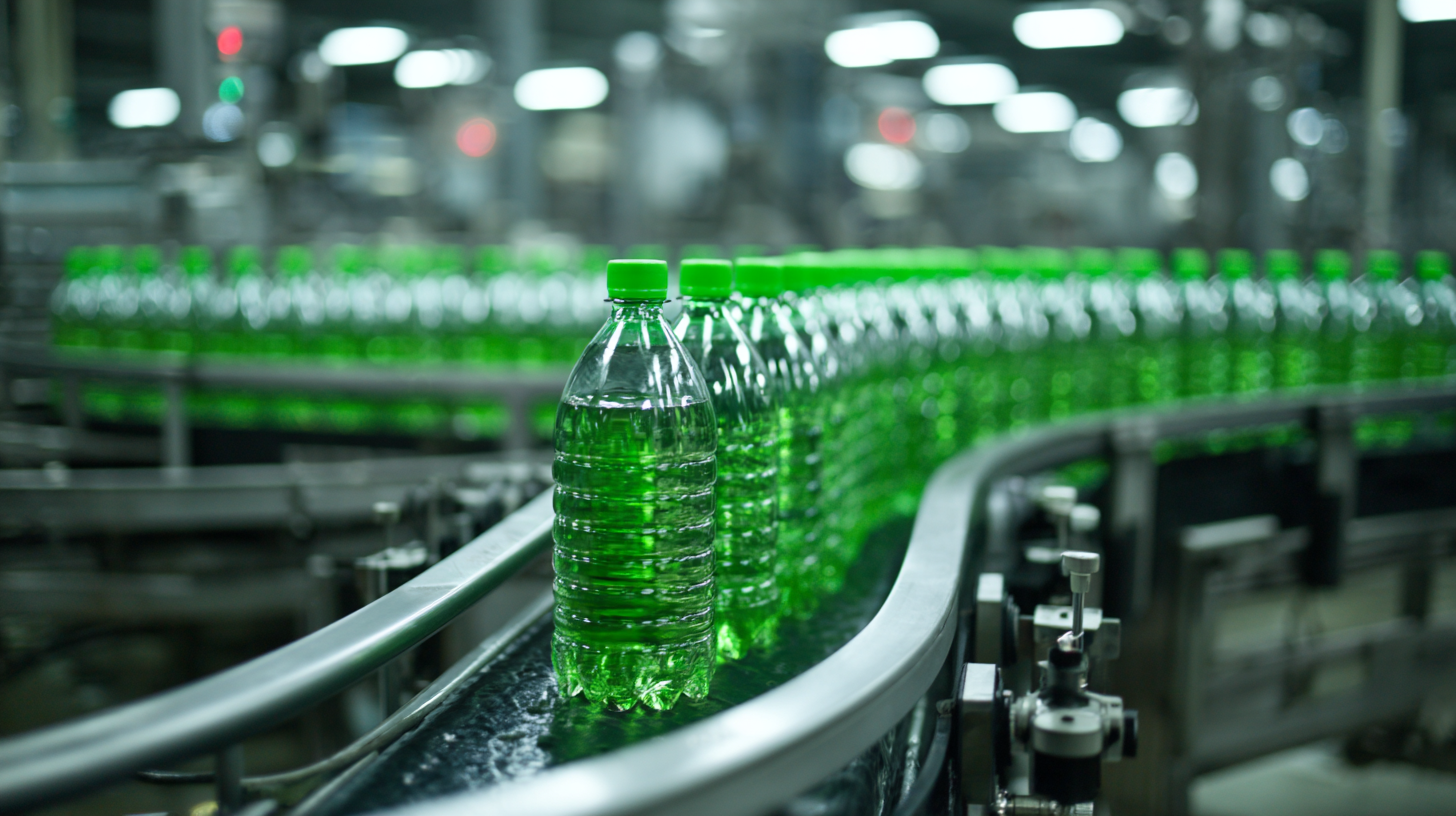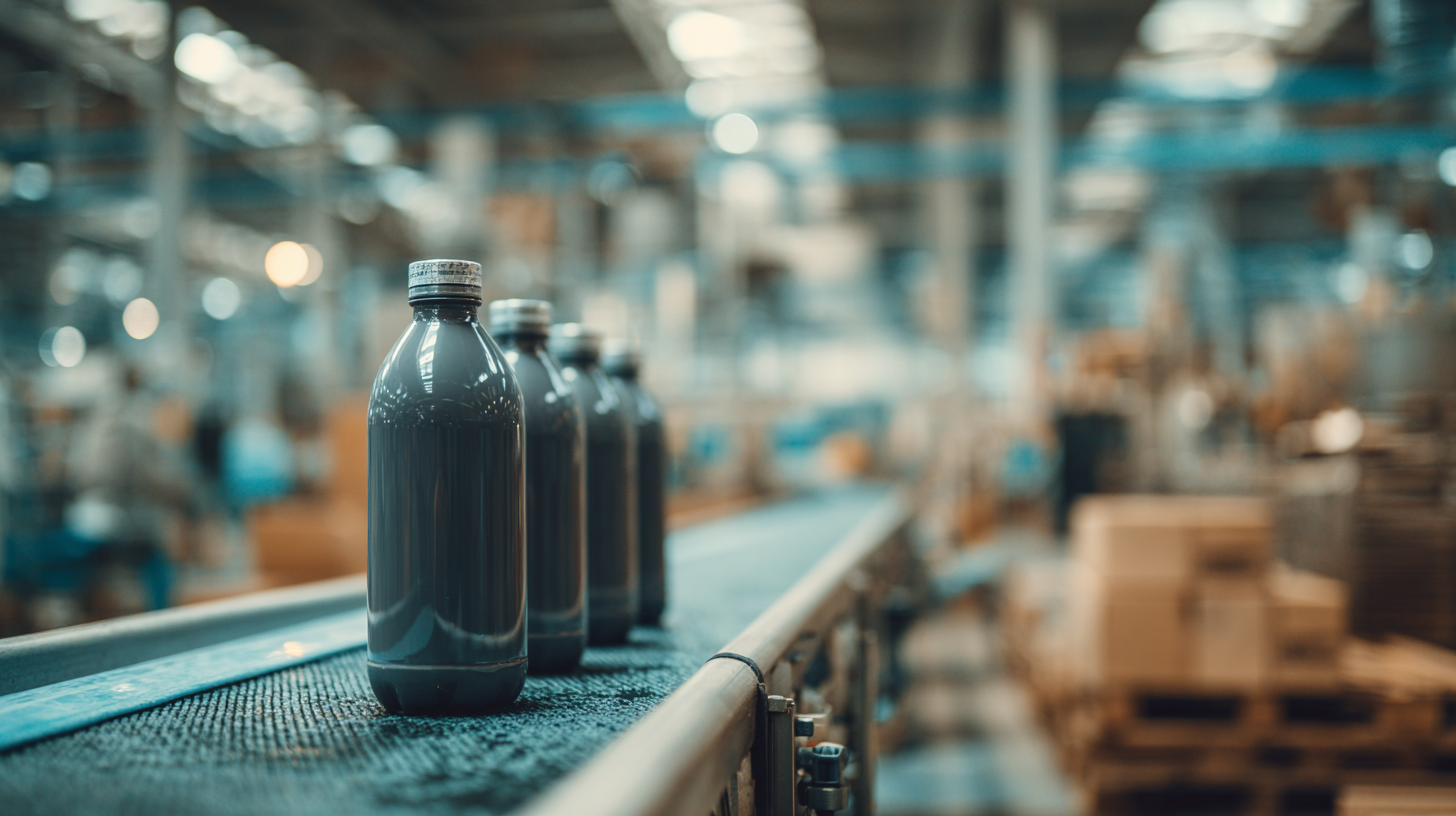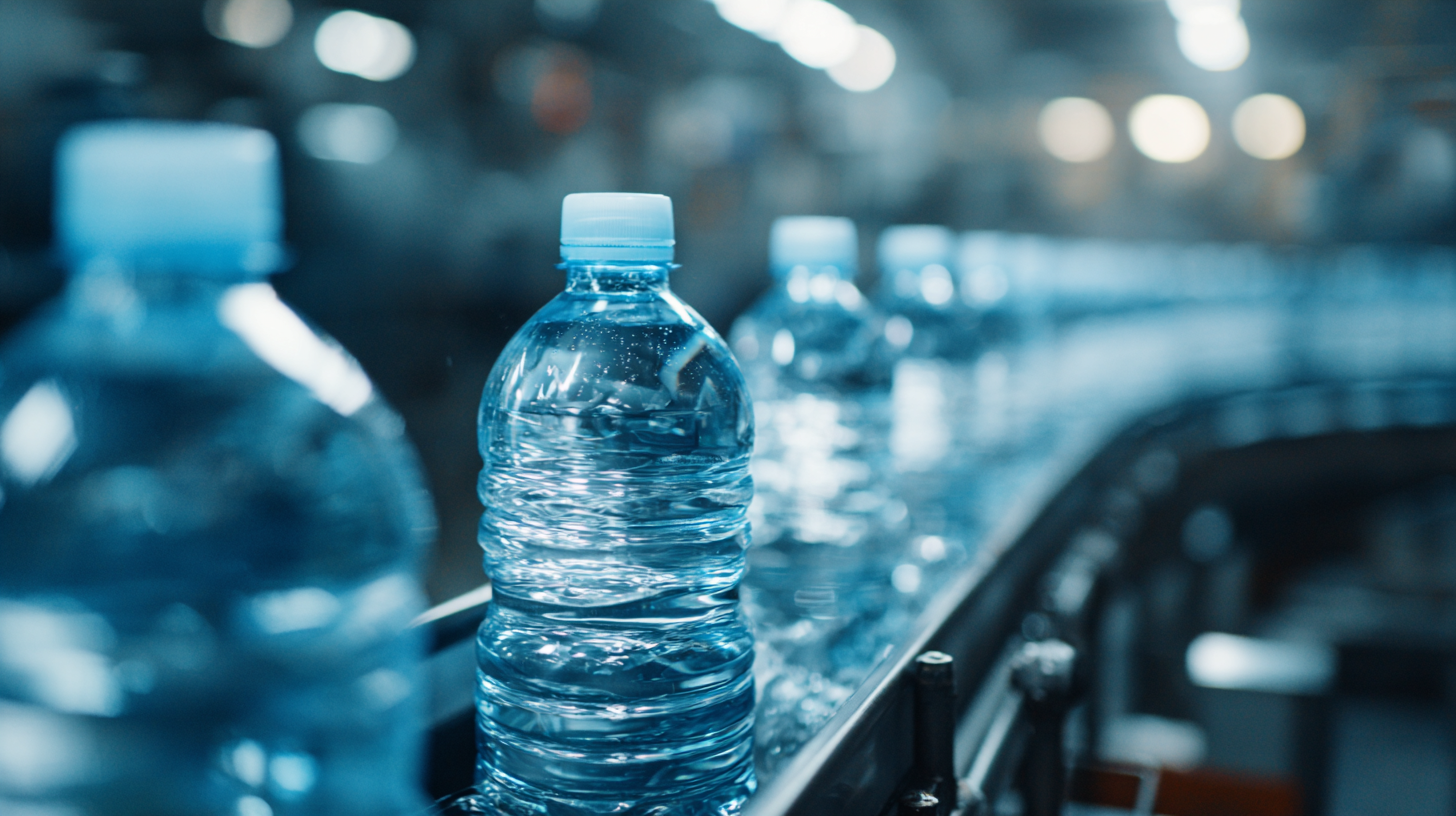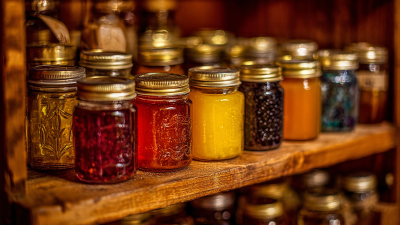
The increasing global concern over environmental sustainability has prompted a significant shift in consumer behavior, particularly regarding the use of water bottles. According to a 2021 report by ResearchAndMarkets, the global reusable water bottle market is projected to reach $10.2 billion by 2027, growing at a compound annual growth rate (CAGR) of 3.6%. This surge highlights the rising awareness of the detrimental effects of single-use plastics, with an estimated 1 million plastic bottles being purchased worldwide every minute. As brands pivot to sustainable alternatives, the implications for global supply chains are profound.

Sustainable water bottles not only reduce plastic waste but also demand new sourcing strategies, innovative materials, and eco-friendly manufacturing processes. This transition signals a fundamental shift that resonates through logistics, production practices, and consumer engagement, ultimately shaping the future of environmental stewardship in the beverage industry.
The growing awareness of environmental issues has led to a significant shift in consumer behavior, and nowhere is this more evident than in the rise of sustainable water bottles within the eco-conscious market. As more people recognize the detrimental impact of single-use plastics, the demand for reusable and eco-friendly alternatives has surged. Manufacturers are responding by developing bottles crafted from recycled materials, biodegradable components, and innovative designs that prioritize both functionality and sustainability.

This trend is not just a passing fad; it reflects a deeper commitment to environmental stewardship among consumers. Brands that align with these values are gaining traction, often finding themselves in a competitive advantage. The rise of sustainable water bottles has also spurred interest in eco-friendly packaging and supply chain practices, prompting businesses to rethink their operational strategies. From sourcing materials sustainably to utilizing greener logistics, the shift towards a conscientious approach is influencing how products are made, marketed, and distributed in today’s market.
Sustainable water bottles are making a significant impact on global supply chains, primarily through the innovative materials that compose them. Commonly used materials include recycled plastics, bioplastics, and stainless steel. Each of these materials not only contributes to reducing environmental footprints but also influences the logistics and manufacturing processes. For instance, recycled plastics require a robust recycling infrastructure, prompting companies to design supply chains that prioritize the collection, processing, and distribution of these materials.
Bioplastics offer another dimension, often derived from renewable resources like corn or sugarcane. This shift towards renewable inputs can reshape agricultural supply chains, driving demand for sustainable farming practices and necessitating new partnerships between manufacturers and farmers. Moreover, stainless steel, favored for its durability and recyclability, pushes companies to consider the extraction and processing of metals, impacting global mining and production networks. As brands commit to sustainability, understanding these material choices becomes essential for developing resilient and eco-friendly supply chains.
Sustainable water bottles are transforming manufacturing practices across the globe, driven by a growing consumer awareness of environmental issues. Companies are increasingly adopting eco-friendly materials, such as bioplastics and recycled PET, to minimize their carbon footprint. This shift not only reduces waste but also encourages the use of renewable resources, prompting manufacturers to innovate and rethink traditional methods.
As production processes become more sustainable, businesses are finding that eco-conscious practices can enhance their brand reputation and attract health-minded consumers.
Additionally, the emergence of sustainable water bottles is encouraging a circular economy. Manufacturers are now focusing on designing products that can be easily recycled or upcycled, prolonging the lifecycle of materials. This change in approach fosters collaboration among stakeholders within the supply chain, from raw material suppliers to retailers. As companies embrace these sustainable practices, they are not only reducing environmental impact but also driving economic growth through the creation of new markets and jobs in the green sector.
Consumer demand plays a crucial role in shaping sustainable water bottle supply chains. As awareness of environmental issues continues to grow, consumers are increasingly prioritizing products that are eco-friendly, leading to a significant shift in how brands source and produce their water bottles. This demand drives companies to adopt innovative materials, such as biodegradable plastics and recycled materials, which reduces their carbon footprint and minimizes waste. Brands that embrace sustainability not only meet consumer preferences but also enhance their market competitiveness.
Tip: To make a positive impact, consumers can actively seek brands that prioritize sustainable practices. Look for certifications like the FSC label or other eco-labels that indicate responsible sourcing and manufacturing.
Moreover, the influence of social media cannot be overlooked. With platforms serving as a stage for eco-conscious movements, consumers can easily share their values and preferences. When companies observe this collective voice advocating for sustainability, they are more likely to adjust their supply chain practices accordingly.
Tip: Engaging with brands on social media can amplify the message. Consumers should express their support for sustainable initiatives and products to encourage companies to prioritize sustainability in their supply chains.
| Dimension | Description | Impact Percentage (%) | Yearly Growth Rate (%) |
|---|---|---|---|
| Consumer Awareness | Increased knowledge about plastic pollution | 75 | 10 |
| Sustainable Materials | Utilization of recycled and biodegradable materials | 65 | 15 |
| Supply Chain Transparency | Visibility into sourcing and manufacturing processes | 80 | 12 |
| Environmental Impact | Reduction in carbon footprint and waste | 70 | 8 |
| Brand Loyalty | Increase in consumer loyalty towards sustainable brands | 85 | 18 |
The logistics of sustainable water bottle distribution face a variety of challenges, as the shift towards eco-friendly packaging material demands innovations across supply chains. According to a report by the Container Recycling Institute, only about 23% of plastic bottles are recycled in the U.S., leading to a significant environmental footprint. Companies are now prioritizing not just production but also the end lifecycle of their products, pushing for a circular economy. This has spurred investment in advanced recycling technologies and the development of biodegradable materials, which aim to reduce dependency on virgin plastic.

However, integrating sustainable practices often leads to increased operational complexities. For instance, a 2021 study from the International Journal of Logistics Management highlighted that 63% of logistics managers reported challenges in sourcing sustainable packaging materials, which can be more costly and less readily available. Innovations such as blockchain technology are emerging as vital tools to enhance transparency and traceability within supply chains, facilitating easier tracking of sustainable materials from source to consumer. As the public demand for sustainability grows, the logistics industry must adapt to maintain efficiency while striving for greener alternatives.






